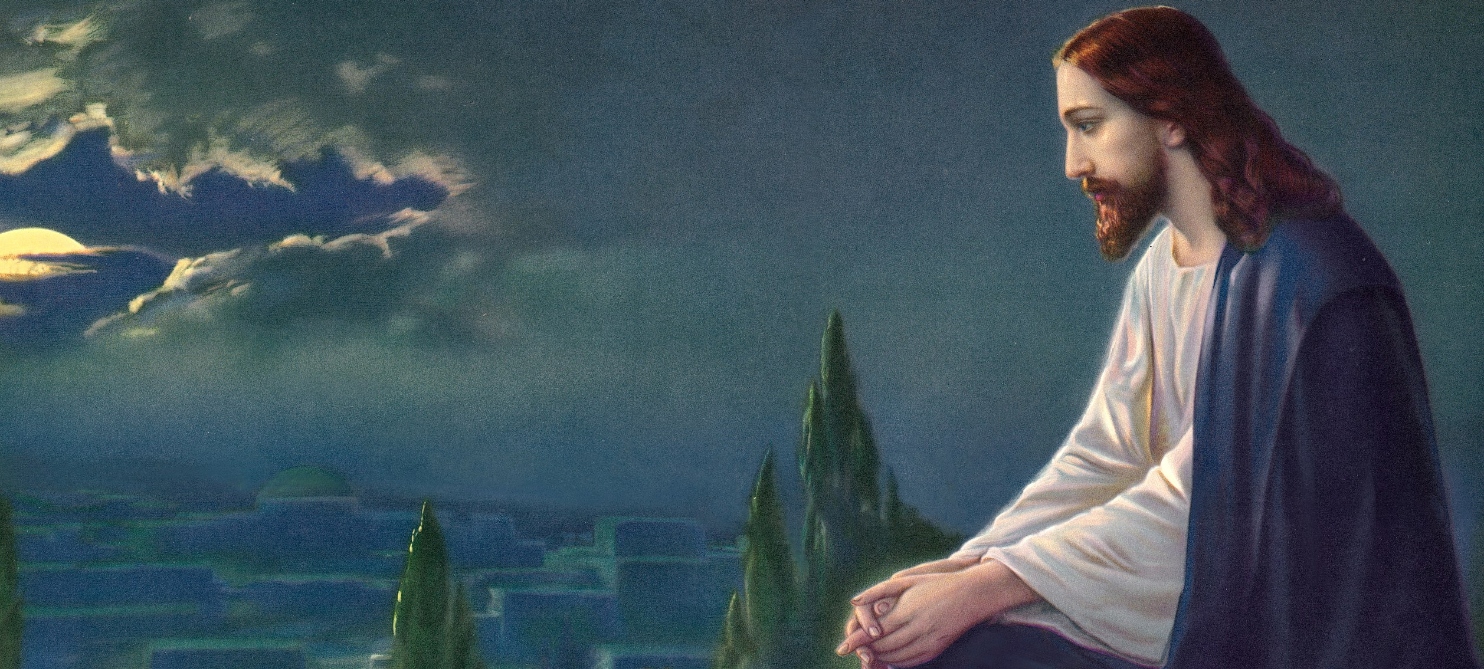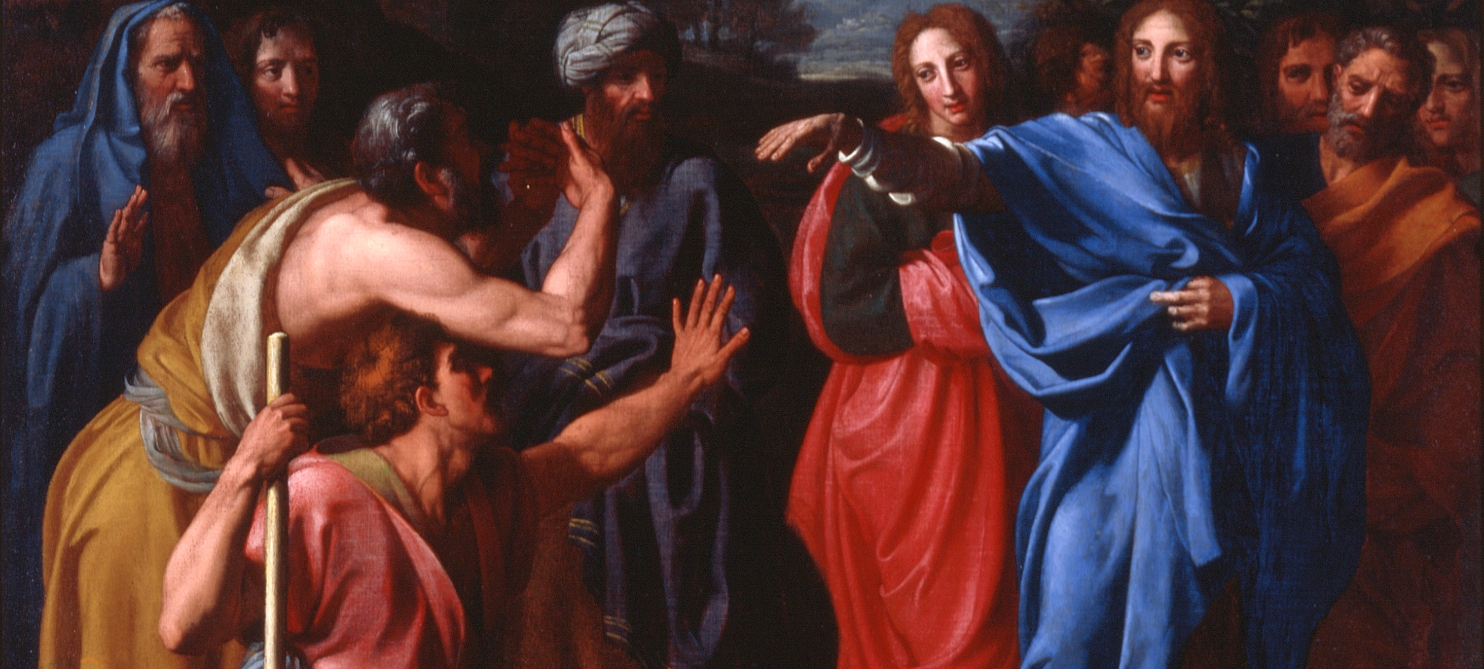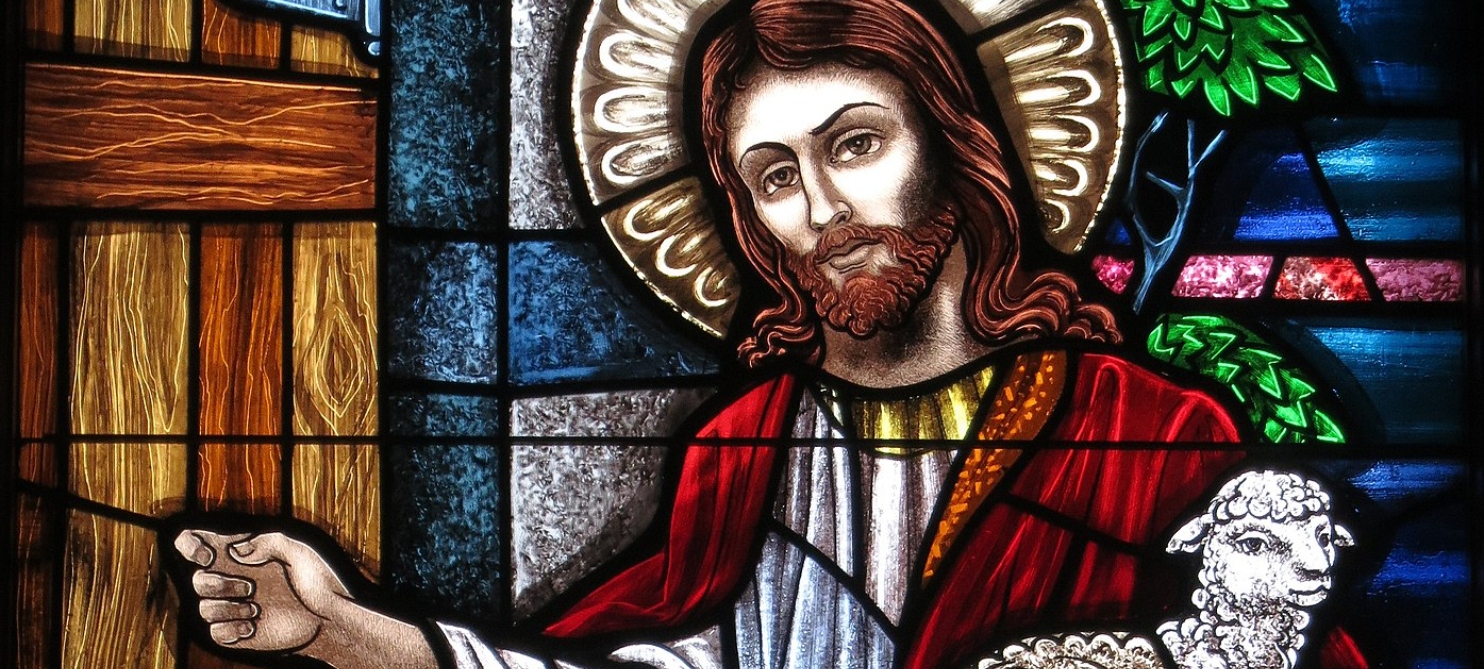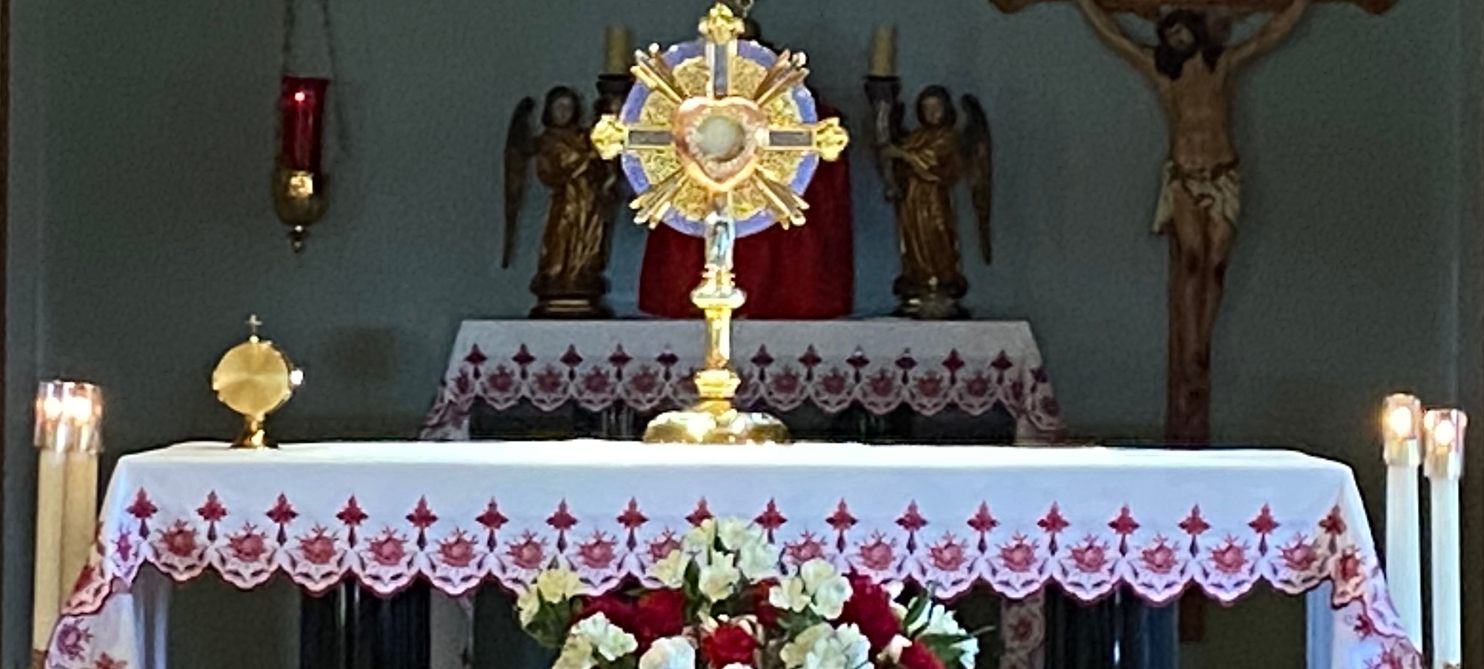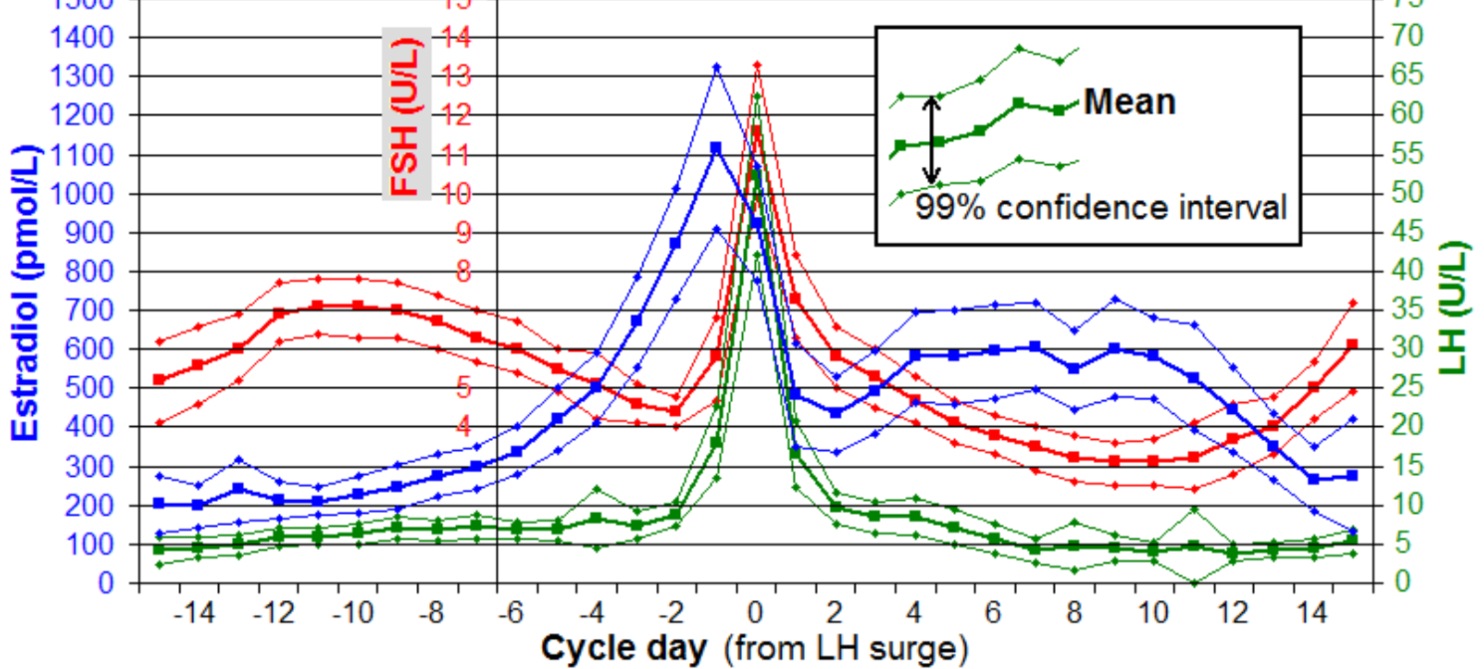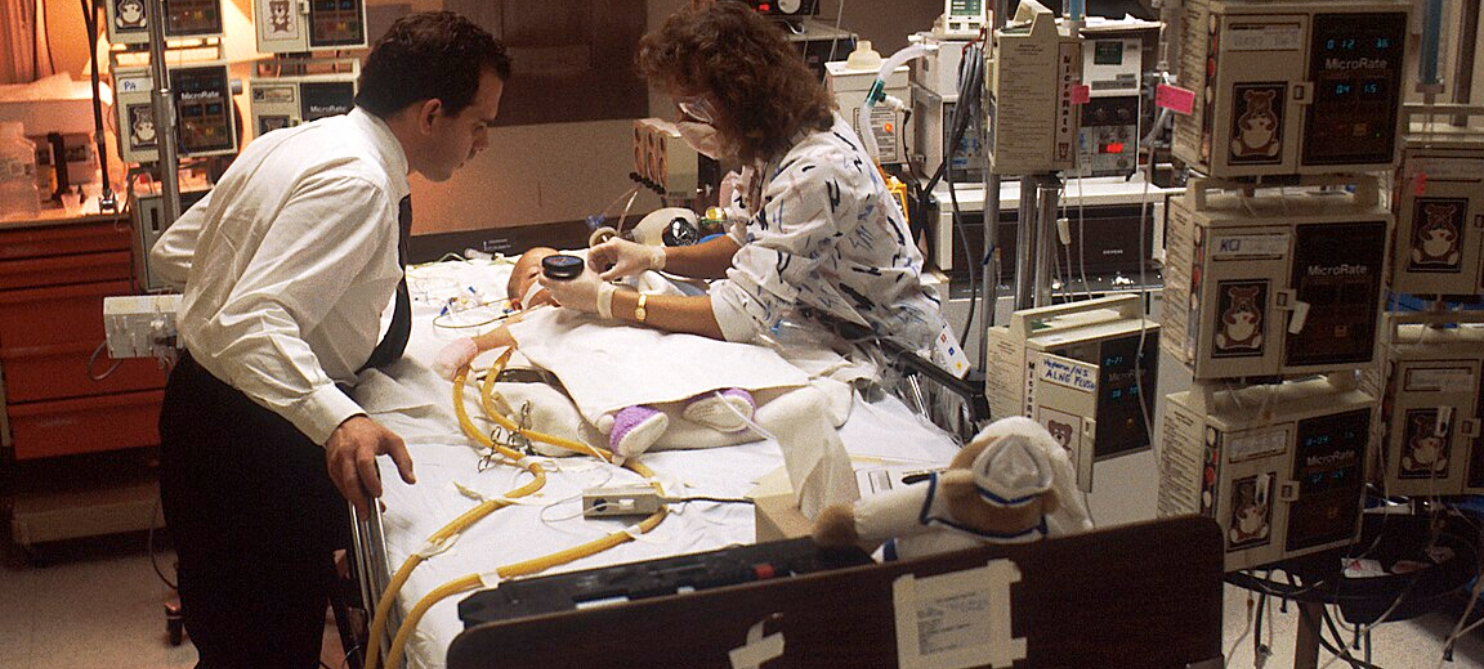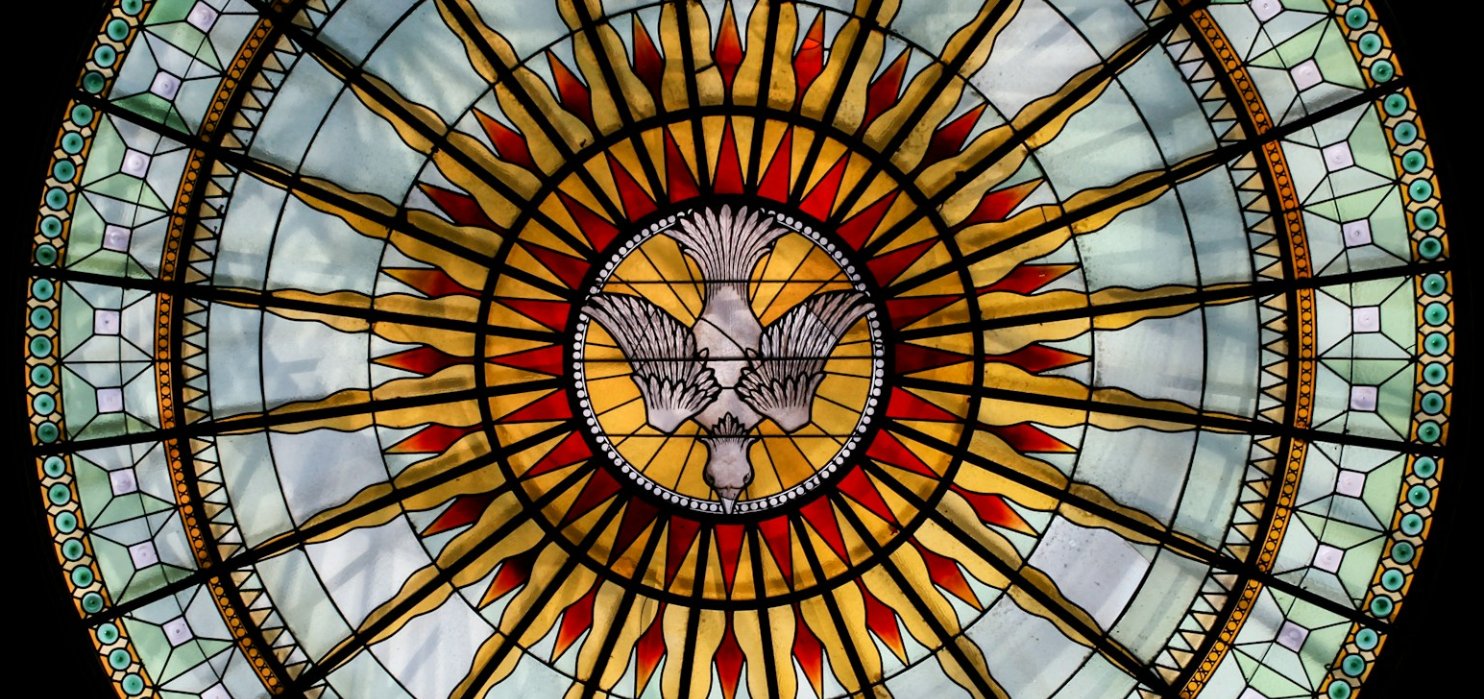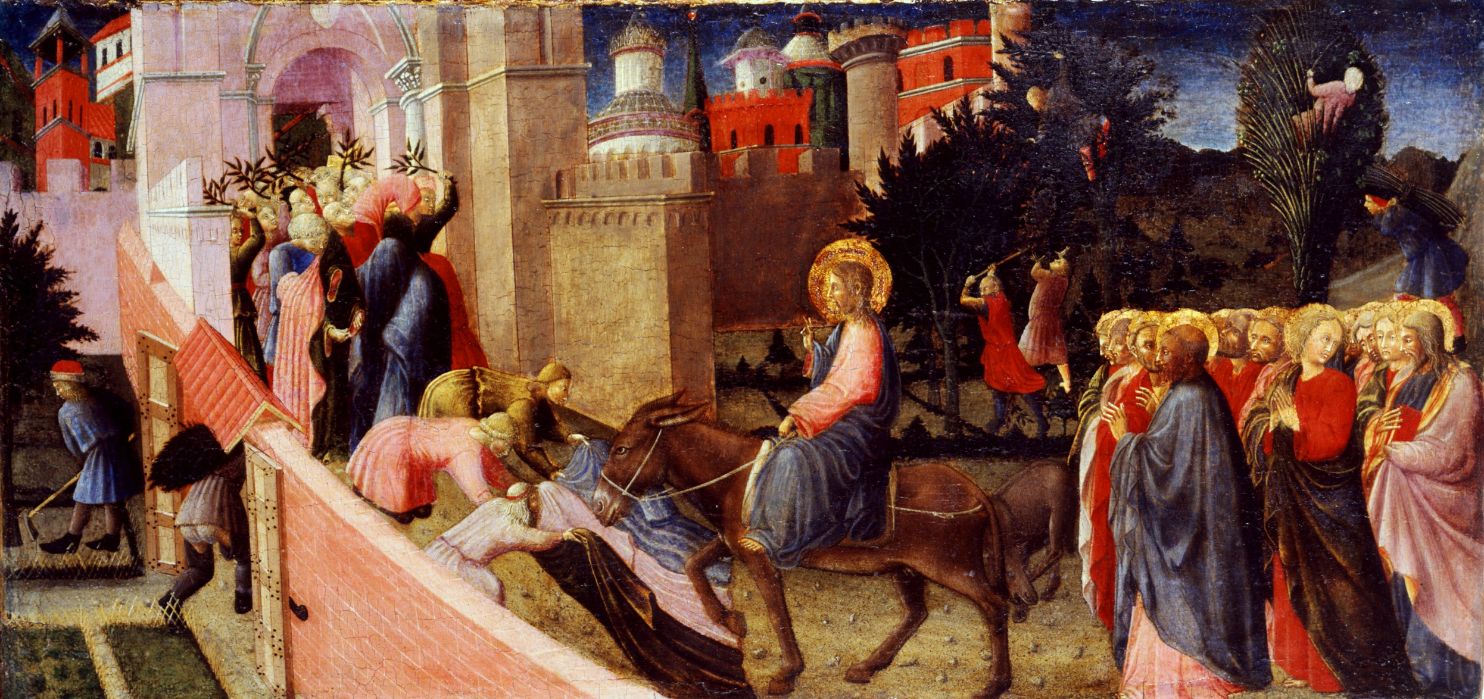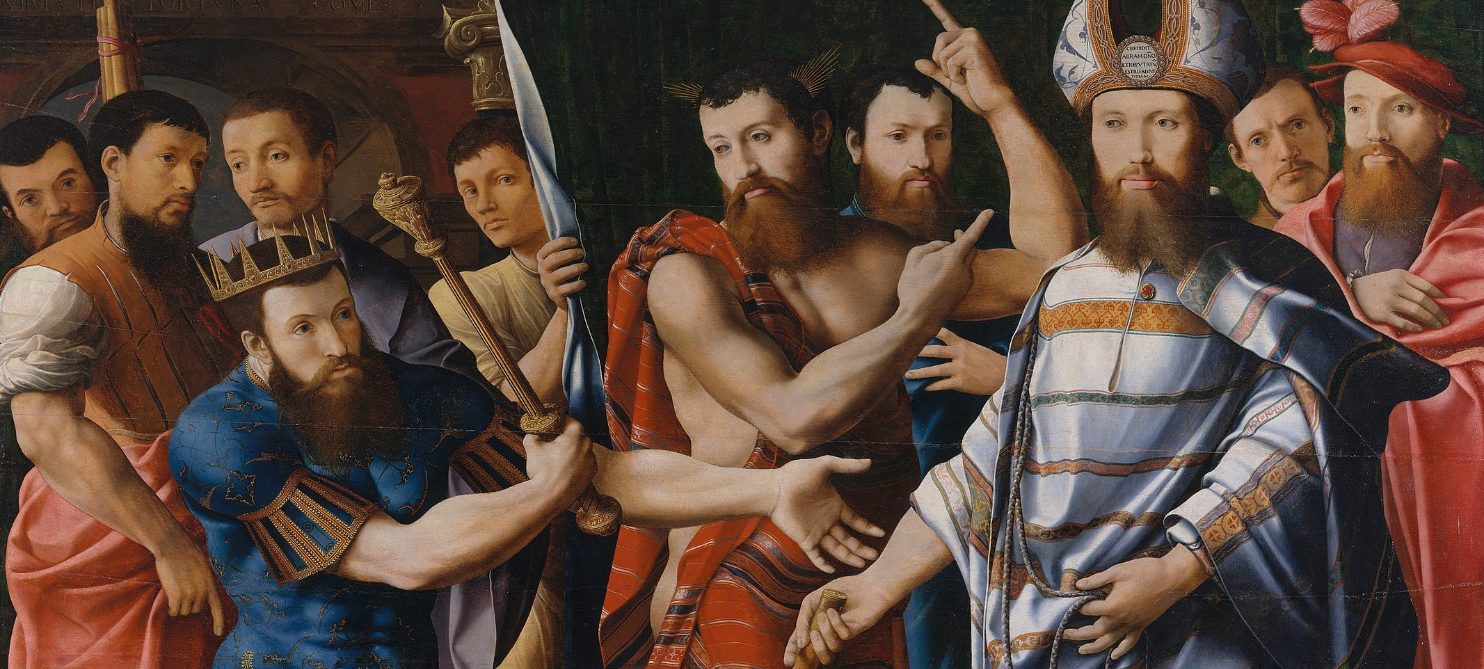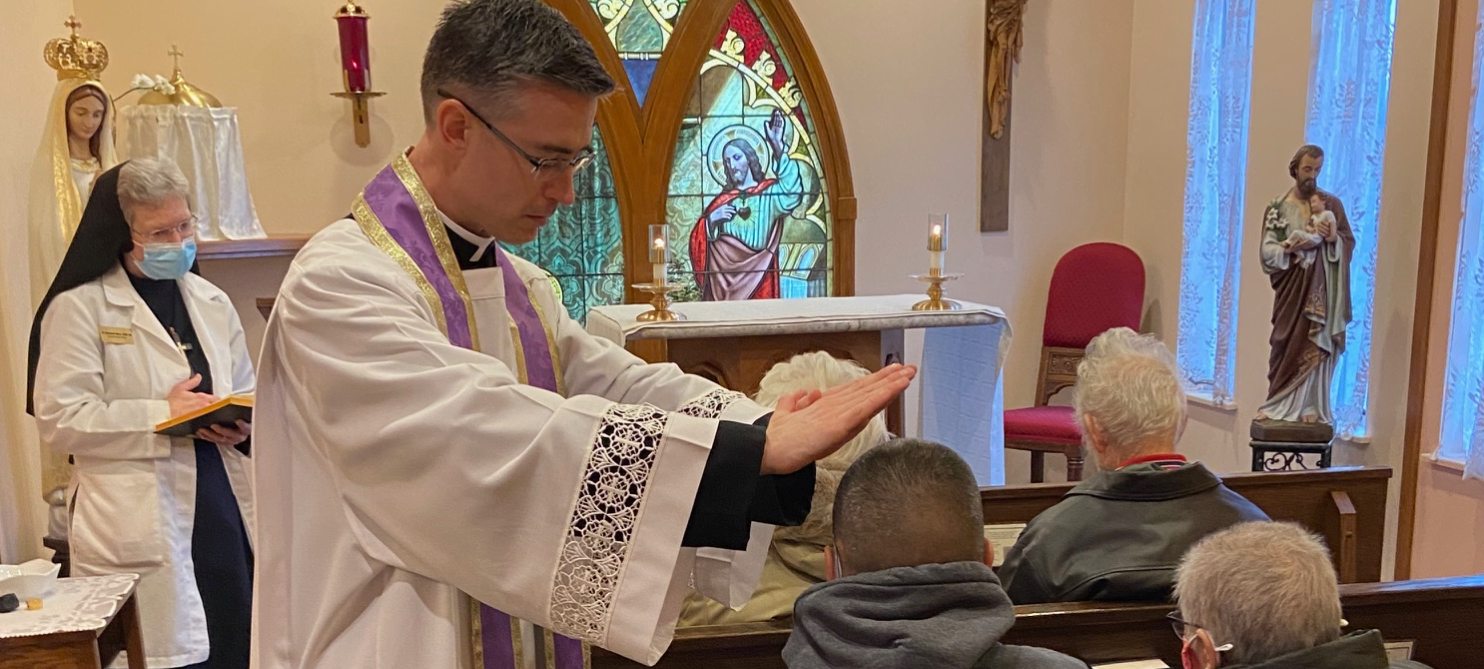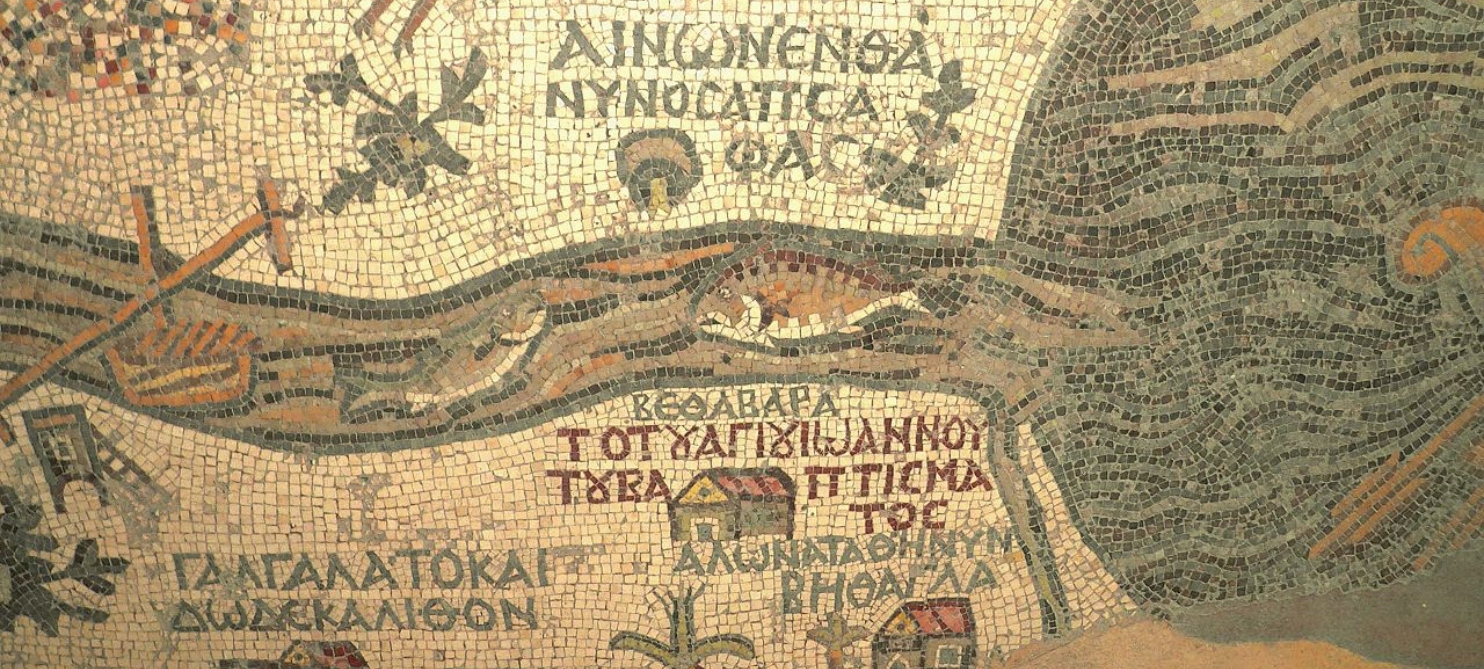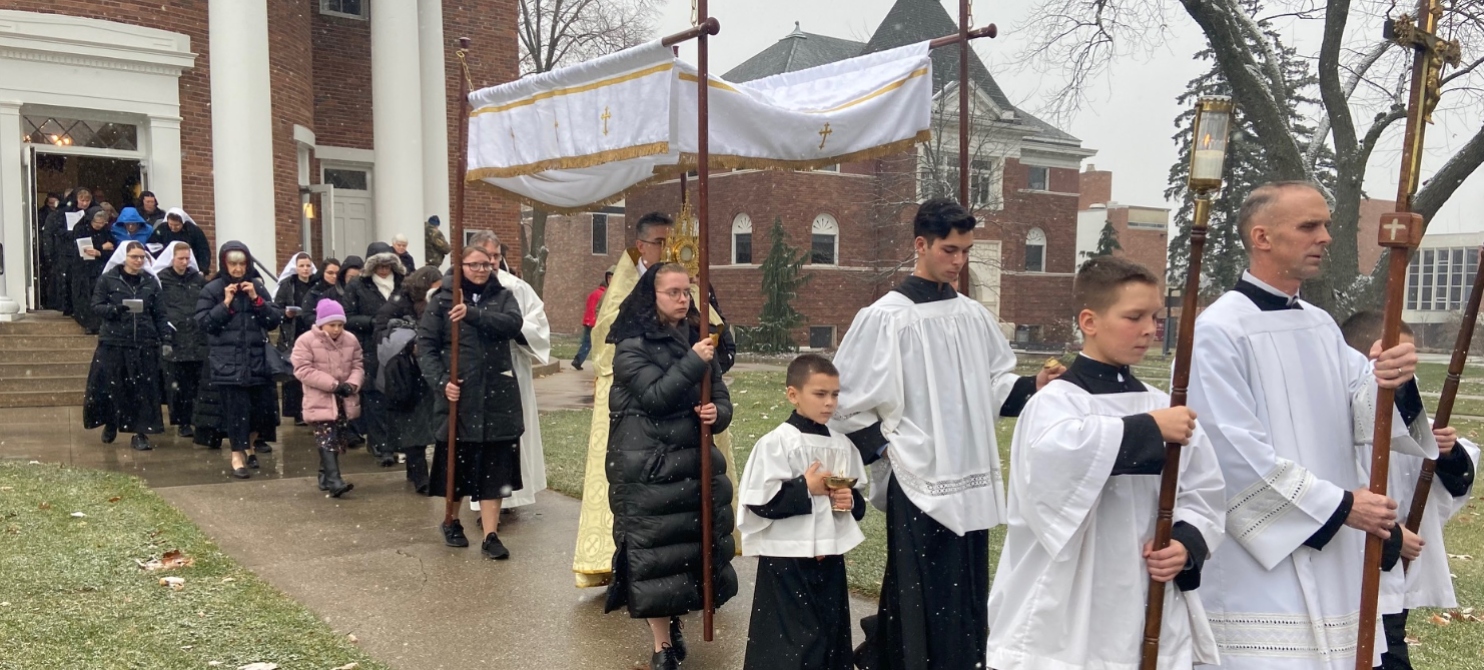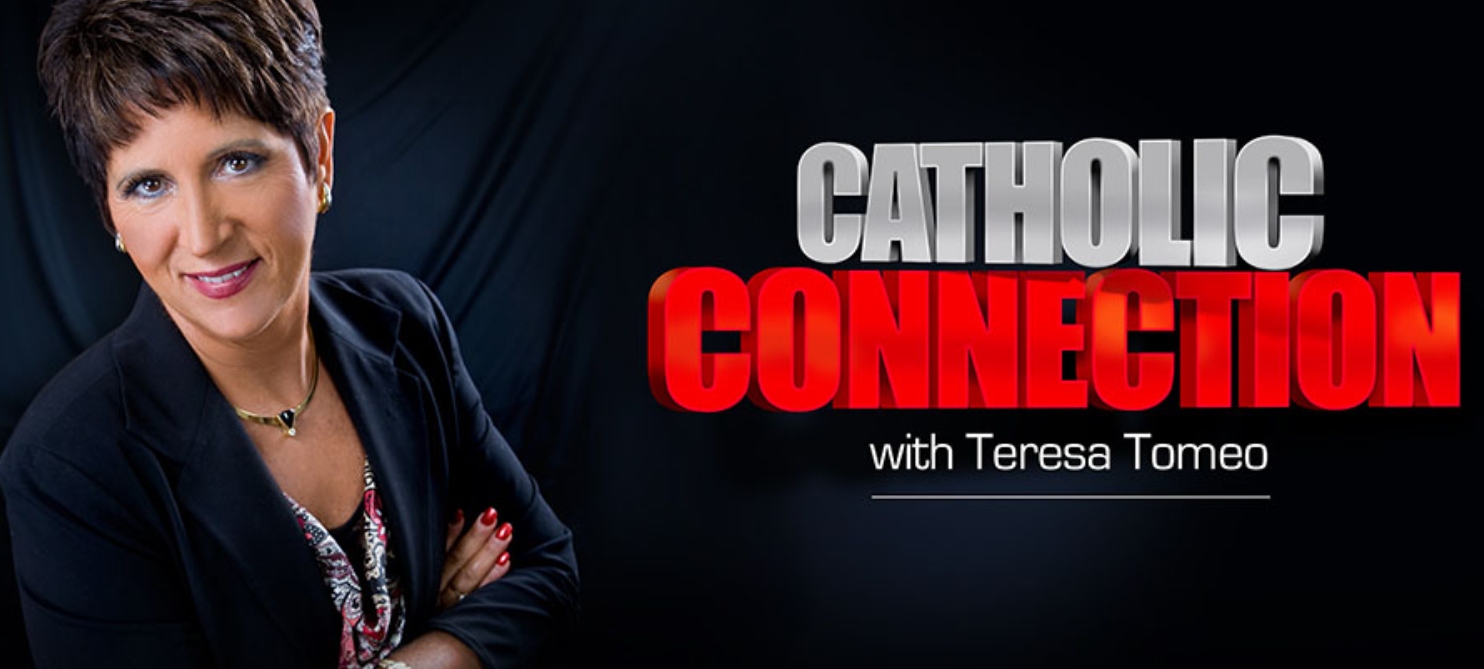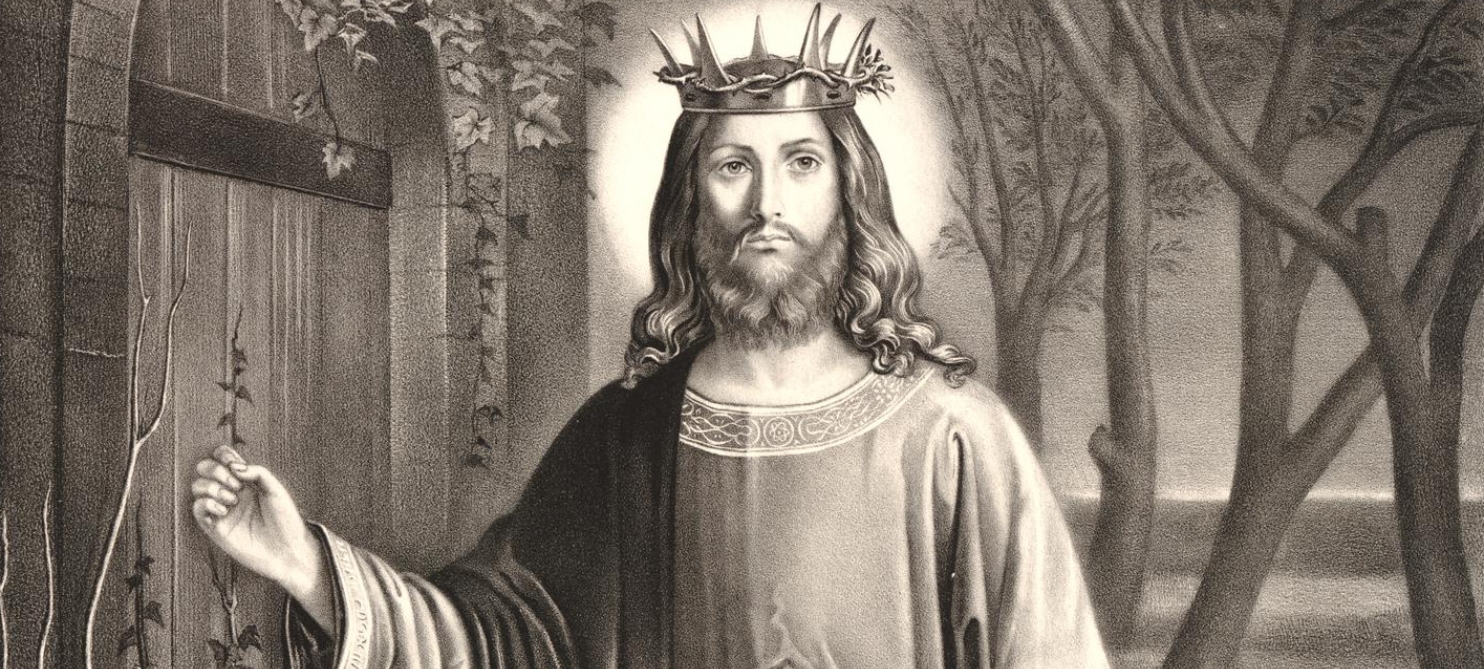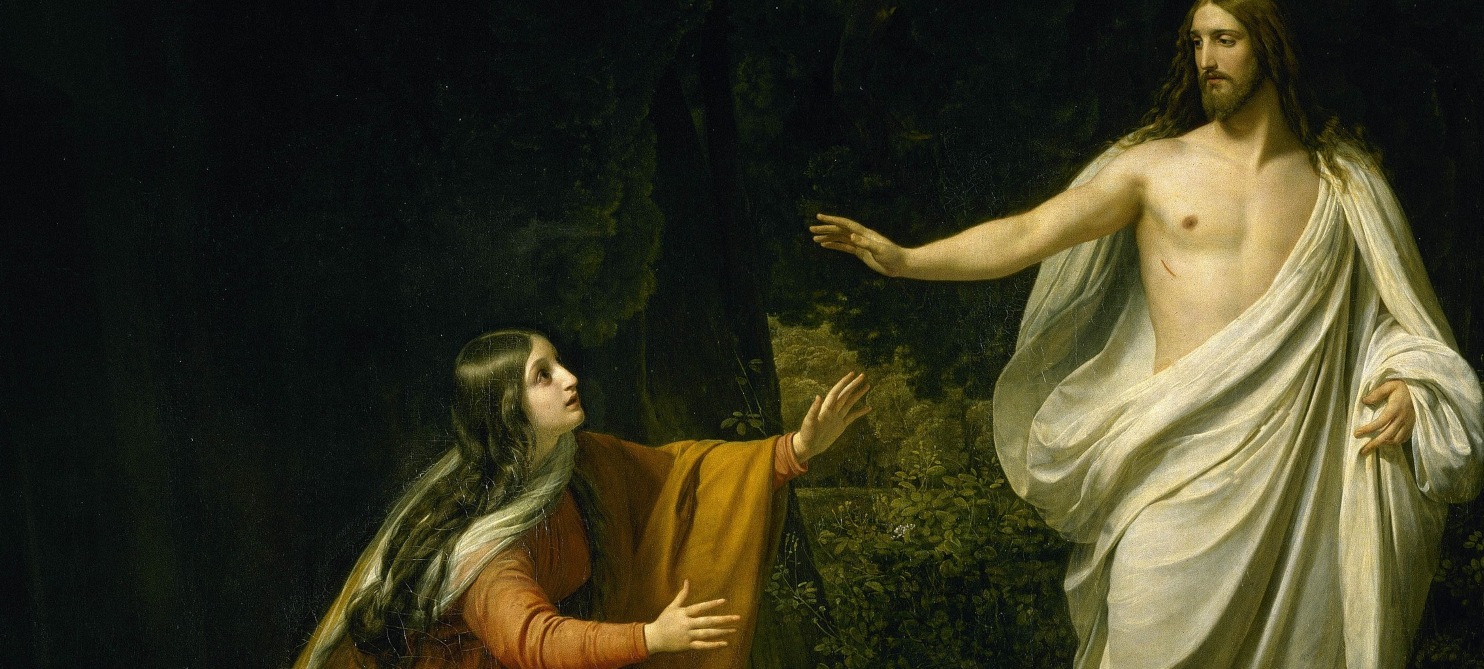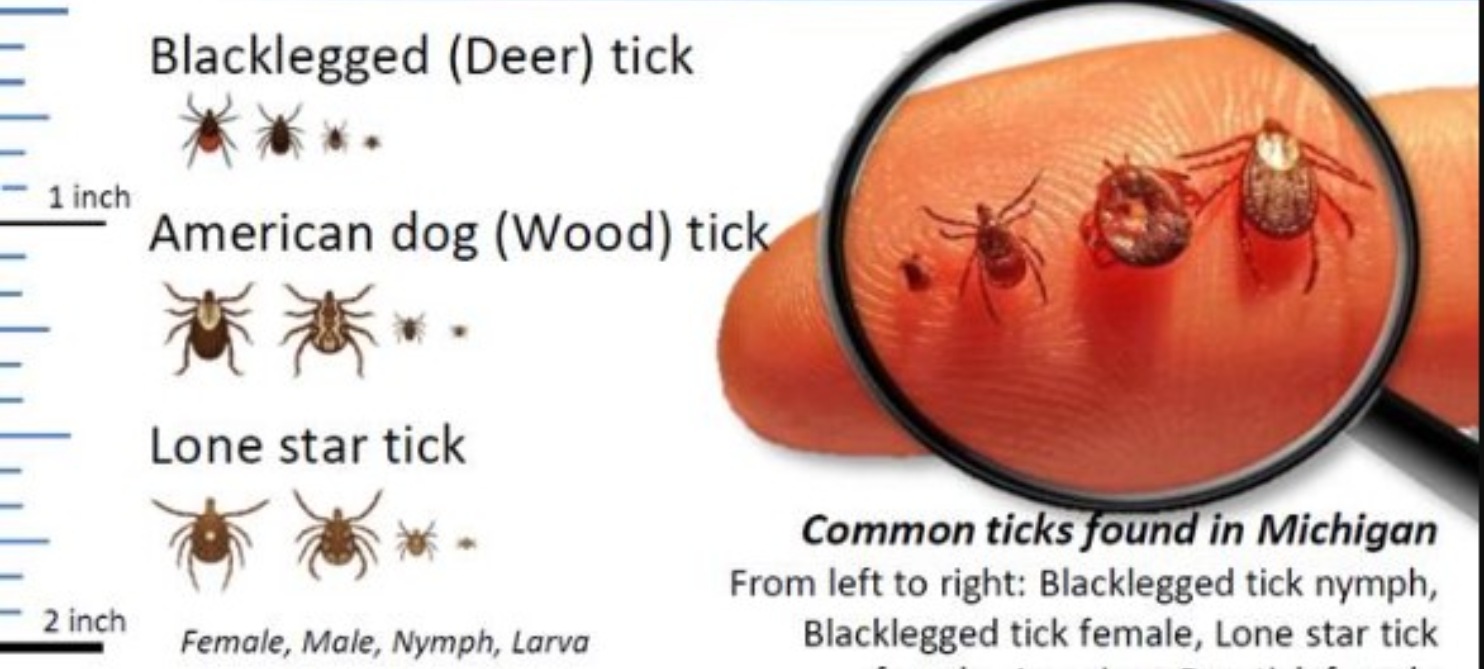The time of Lent each year is a precious time marked by both the acknowledgment of our need conversion as well as growing in our friendship with the Lord.
The Church keeps ever before our eyes the need to move from our “slavery” to sin by being let out into the desert by the hand of our Redeemer. In our readings at Mass and the Divine Office, there is a constant interplay between the prefigurations (also called ‘types’) in the Old Testament and the reality and fulfillment in Jesus Christ.
The Type of Fasting Pleasing to the Lord
In the Office of Readings from the First Sunday of Lent, we read about Moses and Aaron going to the Pharaoh and telling him that the Lord commands them and all the people to journey three days into the desert for sacrifice and worship, a place the Lord will point out to them.[i] So too, Jesus teaches us about going out into the desert to learn the meaning of worship and sacrifice in an intimate covenant with the Lord.
Jesus spends 40 days fasting and is tempted in the desert to show us the path of our journey from slavery, through the desert, to the Promised Land. Now this Promised Land, could be thought of as our final destiny or our eternal home with Him in heaven, but it is already now as we come to know and love Him. For we are His inheritance, as He prays to the Father, “they are your gift to me”[ii]—not only that, He is the Father’s gift to us, too.[iii]
In the Wilderness
As we read in the Old Testament, in the prophet Hosea, “Behold I will allure her, and will lead her into the wilderness: and I will speak to her heart.”[iv] The desert is a place of confrontation and honesty, where all pretenses are stripped away. It is a place of self-knowledge and truth, but it is also a place of covenant and of love. It is a place where the Lord will help us to acknowledge our place as a creature and our need for Redeemer. It is a place we can allow ourselves to be known and loved.
A Potent Remedy
“Not only will Pharaoh let you go, but he will drive you away.”[v] After trial and pestilence has been brought upon the land of Egypt, and Pharaoh continues to hold the people captive, we see the mystery of Passover. The doorposts in the houses marked with a blood of the lamb are the only ones spared from the destruction of the first born. With this display of power, Pharaoh and the Egyptians drive the Israelites from the land.[vi]
But it is the First-Born Son of God who is the true Passover Lamb. His blood is the mark of protection, of ownership and of belonging. It is a covenant in His blood, which was prefigured by the Passover lamb. It is His blood that marks door posts and houses – the hearts and lips of believers.[vii][viii] This is the irony of the Jewish people of Christ’s time when they say of Him “Let your blood be up on us and up on our children,”[ix] because it is only by His blood washing upon us, His saving blood, that we are redeemed and saved.[x]
______________________________________________________________
Featured Image:
Moses and Aaron before Pharaoh: An Allegory of the Dinteville Family. Accessed February 23, 2024. https://www.metmuseum.org/art/metpublications/dinteville_family_allegory_moses_aaron_before_pharaoh_the_metropolitan_museum_journal_v_34_1999.
Works Cited:
[i] “Exodus 5:1-6:1 |The Oppression of the People.” First Sunday of Lent- Office of Readings, Lesson 1. Accessed February 18, 2024. https://www.liturgies.net/Liturgies/Catholic/loh/lent/week1sundayor.htm.
[ii] “John 17:24 – Prayer for All Believers.” Bible Hub. Accessed February 18, 2024. https://biblehub.com/john/17-24.htm.
[iii] “John 17:24 – Prayer for All Believers.” Bible Hub. Accessed February 23, 2024. https://biblehub.com/john/17-24.htm.
[iv] “Hosea 2:14 – God’s Mercy to Israel (Douay-Rheims Bible).” Bible Hub. Accessed February 18, 2024. https://biblehub.com/hosea/2-14.htm.
[v] “Exodus 12:21-36 | The Plague Inflicted on the Firstborn.” First Friday of Lent Week – Office of Readings. Accessed February 23, 2024. https://www.liturgies.net/Liturgies/Catholic/loh/lent/week1fridayor.htm.
[vi] Ibid.
[vii] “Matthew 26:28 – The Last Supper.” Bible Hub. Accessed February 18, 2024. https://biblehub.com/matthew/26-28.htm.
[viii] “Revelation 14:1 – the Lamb and the 144,000.” Bible Hub. Accessed February 18, 2024. https://biblehub.com/revelation/14-1.htm.
[ix] “Matthew 27:25 – Pilate Washes His Hands.” Bible Hub. Accessed February 18, 2024. https://biblehub.com/matthew/27-25.htm.
[x] “Matthew 26:28 – The Last Supper.” Bible Hub. Accessed February 18, 2024. https://biblehub.com/matthew/26-28.htm.
Posted for the First Week of Lent 2024


